HPMC Chemical Suppliers

HPMC (Hydroxpropyl Methylcellulose)
HPMC (Hydroxypropyl Methylcellulose) is a non-ionic, water-soluble polymer derived from cellulose. It is produced by modifying cellulose through the addition of hydroxypropyl and methyl groups. HPMC is widely used in numerous industries for its thickening, binding, film-forming, and suspension properties.
| Packing | 25KG each,custom packing available |
|---|---|
| Delivery | Around 7 days |
| Payment Terms | T/T or L/C at sight |
Product Details
Product Description
Being a leading Hydroxypropyl Methylcellulose (HPMC) manufacturer in China, Midland Chemicals offers high-quality HPMC for diverse applications. Discover the versatile uses of Hydroxypropyl Methylcellulose and explore our range of specifications:
Product Specification
| Appearance | White to off-white powder |
|---|---|
| Methoxy Content | 19.0 - 30.0% |
| Hydroxypropoxy Content | 4.0 - 12.0% |
| Particle Size Distribution | ≤ 5% |
| pH (1% Solution) | 5.0 - 8.0 |
| Particle Size Distribution | 99% passes through 100 mesh |
| Solubility | Soluble in cold water form colloidal solution |
Product Highlights
As a leading chemicals manufacturing company in China, we manufacture our HPMC using advanced methods to ensure consistent quality and reliable performance in various applications. Here are some of the most significant highlights of our HPMC:
Efficient Thickening: Our HPMC provides excellent thickening properties, contributing to enhanced viscosity control and stability in various formulations. This is what makes us your trusted HPMC suppliers in China.
Film Formation: HPMC Chemical can form a cohesive and flexible film when applied, offering improved adhesion and protecting surfaces.
Water Retention: HPMC has excellent water retention capabilities, ensuring prolonged hydration and improved workability of different systems.
Binding and Adhesion: Our Hydroxypropyl Methylcellulose (HPMC powder) enhances the binding properties of formulations, promoting better cohesion and adhesion.
Suspension and Stabilization: The unique properties of our HPMC enable it to effectively suspend solid particles and stabilize emulsions, improving the overall consistency of products.

Main Applications & Advantages

Applications
- Building materials (tile adhesives, cement-based renders, gypsum-based plasters)
- Exterior insulation and finishing systems (EIFS)
- Personal care products (lotions, creams, hair care)
- Pharmaceuticals (controlled-release formulations, tablet coatings)

Advantages
- Efficient thickening and viscosity control
- Film formation for improved adhesion and surface protection
- Enhanced water retention for extended workability
- Binding and adhesion enhancement in formulations
- Suspension and stabilization of solid particles and emulsions

